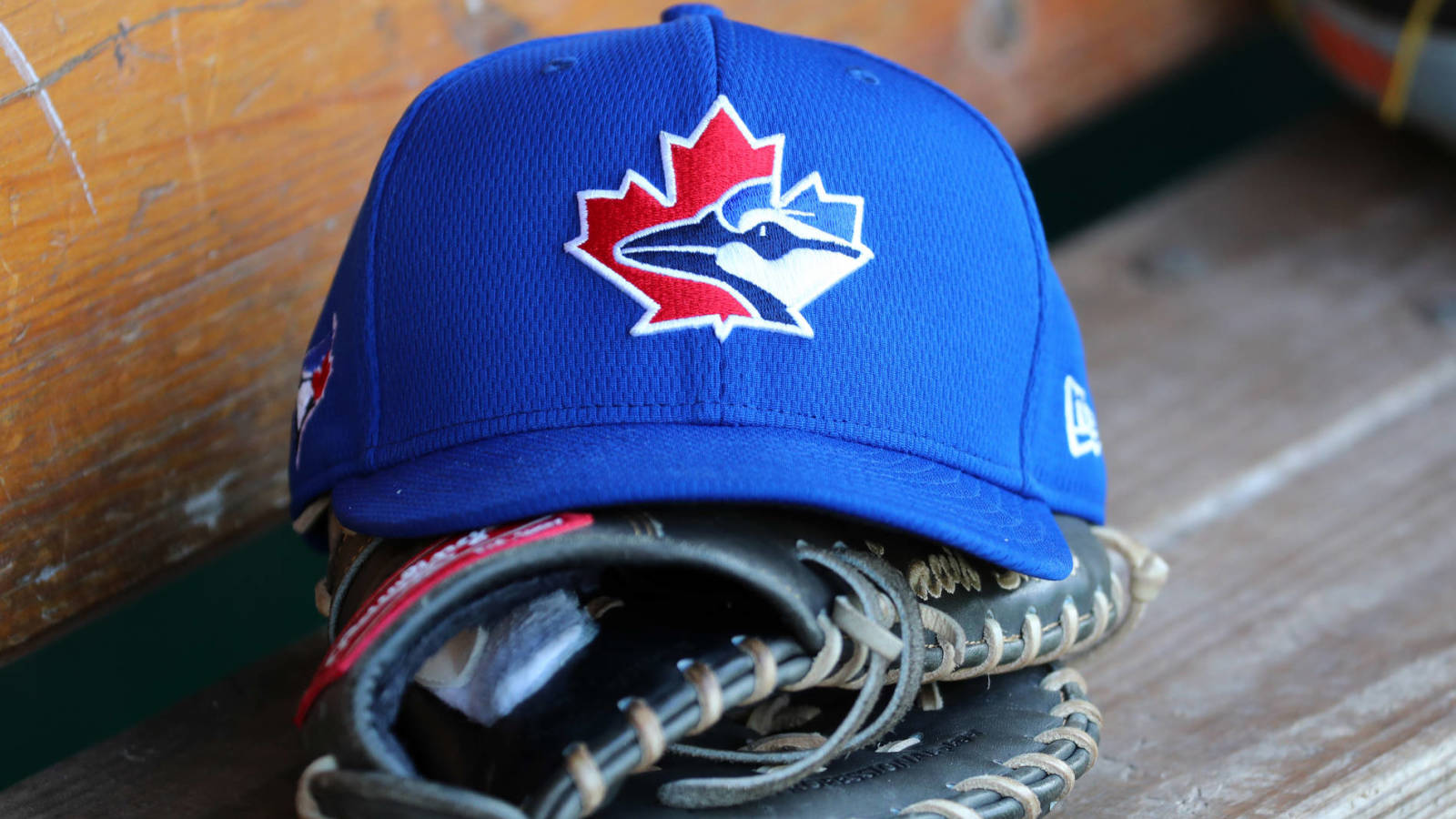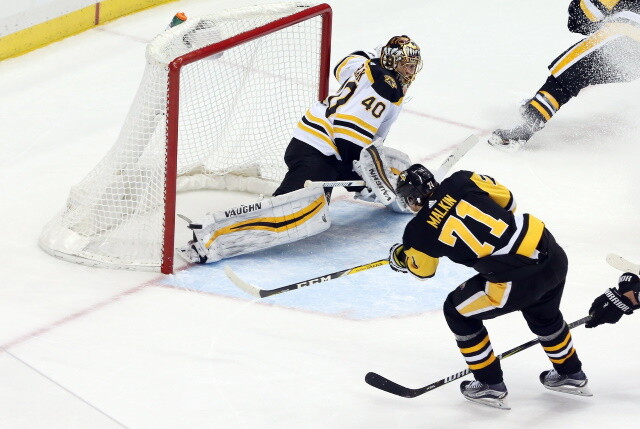When Razor Ruddock came to London to take on Lennox Lewis he was far from alone, writes Steve Bunce
BILLY JOE SAUNDERS gathered his closest friends and family in a circle of prayer in the minutes before he walked to the ring last weekend. They could probably hear and feel the crowd above their heads.
There was not an exotic dwarf or golf pro or tap-dancing coach in sight as they closed their eyes and prayed. In entourage terms they lacked the carnage and excess of the travelling circus that Sugar Ray Robinson put together during his European fighting tours. He had a hundred trunks, a six-ton car and a man to apply the pomade. And we all know the stories of Muhammad Ali trying to curb the spending habits of his loyal and vast travelling entourage.
In Texas, Saunders had Tyson Fury, Mark Tibbs, Ben Davison, Amer Khan, Greg Marriott and his father, Tommy, in that intimate little circle of joined arms. An old friend, trainer, former trainer, a good friend and the nutritionist formed the last protective barrier for Billy on that night. They do that, an entourage, they offer a wall, a safety, a place of retreat in a hostile environment. The best wait for you when you return, the worst have fled with your Rolex.
In October of 1992, Donovan “Razor” Ruddock arrived in London to beat Lennox Lewis, who was the kid in their fight. Ruddock had been paid nine-million dollars for his fights with Mike Tyson. The last of the fights with Tyson had been a year earlier and since then Ruddock had blasted former WBA champion, Greg Page, and unbeaten prospect, Phil Jackson. Tyson was incarcerated, Ruddock was the champion-in-waiting and, make no mistake, he was in London for an easy night’s work.
Ruddock had a full, old-school heavyweight entourage. Men that looked like they could drink and fight and fight and drink with the very best in any arm-pit bar in the world. Many had, trust me.
Ruddock was trained by former world heavyweight champion, Floyd Patterson, and he was the gentlest of the gang, a lovely host at the fighter’s makeshift home at the St. Pancras amateur boxing club in Kentish Town. It is hard for me to recognise now that at the time it had only been 29 years since his second loss to Sonny Liston. That fight was a black and white massacre, jerky film, hard ending, tiny gloves, pristine boots, harsh ring lights and glistening shorts; it felt ancient even then, a fight that belonged before Ali delivered the colour and the volume to the heavyweight division. I remember sitting with Patterson, going over that fight and other fights, so many great names and magical nights. His recall was still good, his soft words took me back to the nights. That was quite amazing for me to talk to a man with such extensive and important history. Now – this I find even more amazing – I realise that my conversations with Floyd over those days were 29-years ago. Yep, the same amount of time that separated him back then from Liston’s fists.
There was the lawyer, David Slutskey, part of what I called the “Florida Gang”. Slutskey had been Ruddock’s tennis partner, in Kentish Town he was in charge of legal details.
A former Newark, New Jersey, cop called Nate Brown was in charge of security. He was joined by the big Bey boys, two very large and distinctive looking lumps; Salome and Elihu both went about 300 pounds and had walrus-like moustaches. They could shut-out the light in a small room. They were not big on dialogue, but never missed a meal time. There was always somebody eating in the gym – a sign that their fighter is not fully concentrated on the job.
The Bey Twins were part of promoter Murad Muhammad’s long-established business. His bookmarks, his sentinels. Murad was a salesman, baby. Make no mistake and he had a tale of marvel for every occasion and conversational diversion. He had started working and touring with Ali when he was just 16. “Everybody here is essential,” Murad told me. “I know all about camps from my days with the Champ.”
The Bey Twins had their wives flying in for the fight. “We all want to see a big London show,” Elihu told me. He meant the theatre, by the way. It was another sign that the focus was not on Lennox.
Murad also had Keith Ali with him, another veteran of the days touring the world with Ali. Now, Keith Ali’s role is harder to define. This is what he told me at the time: “During the build-up to the fight there are a lot of potential distractions – I monitor the situation.” It means he reports back to Murad, he’s the insider. I should say that being part of Muhammad Ali’s “entourage” is a fairly loose term, open to interpretation and abuse. Ali had a tiny and intimate inner circle, that never shifted.
Howie Albert was the noise and the fun in the Ruddock team. A New York veteran of the fight world, part trainer, manager and camp fixer. He knew what people needed.
Matt Howard was a former NFL player with the New York Jets and Larry McGhee was a Canadian sprinter from the Seventies. They were the conditioning team. McGhee and Howard lived in Florida, where Ruddock was living at that time. “Donny is my best friend,” Howard told me.
Ruddock also had his brothers Tobits and Delroy with him. Delroy was his manager of record. I never got one sense of urgency or fear from my visits to the gym. Ruddock appeared to train hard and looked magnificent putting his punches together, fluid and powerful. He was the complete heavyweight with the complete entourage. It was like being in the middle of history during that ten-day period. Ruddock converted the British press and Lennox was not given much of a chance. I believe one senior writer even spoke to Frank Maloney and shared his fears for Lennox’s health.
All of Ruddock’s people were there on the night, slick, confident and then sickened. Lennox won, no sweat. Lennox Lewis, he had no mercy. Late, late that night the final word fell to sweet Floyd: “That boy can fight.” Floyd was on his own, no entourage needed, just a low-key and painful exit from an arena. It had been the same 29-years earlier when Liston beat him in Las Vegas.





